
Kiran Musunuru, MD, PhD, and Rebecca Ahrens-Nicklas, MD, PhD, physician-scientists at CHOP, discussed long-term future expectations for personalized gene editing therapy.

Kiran Musunuru, MD, PhD, and Rebecca Ahrens-Nicklas, MD, PhD, physician-scientists at CHOP, discussed long-term future expectations for personalized gene editing therapy.
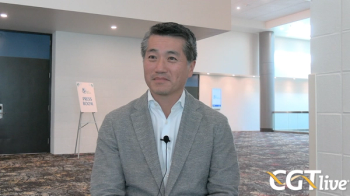
The CEO of Mission Bio also discussed the company’s plans for collaboration.
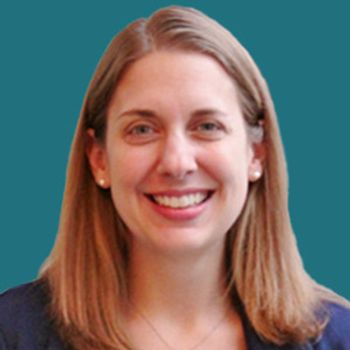
Rebecca Ahrens-Nicklas, MD, PhD, and Kiran Musunuru, MD, PhD, physician-scientists at CHOP, discussed what lies on the horizon after KJ’s treatment with a CRISPR-based gene editing therapy for CPS1 deficiency.

Kiran Musunuru, MD, PhD, and Rebecca Ahrens-Nicklas, MD, PhD, physician-scientists at CHOP, discussed an n-of-1 clinical trial for a CRISPR gene-editing strategy.
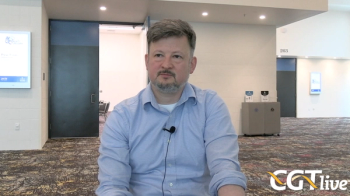
The senior research scientist at Seattle Children’s Research Institute discussed preclinical work on using dimerizing agent-regulated immune-receptor complex T-cells to target plasma cells.
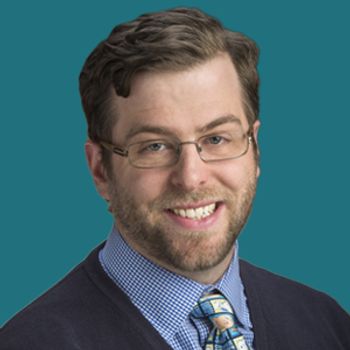
Ben Samelson-Jones, MD, PhD, the associate director of clinical in vivo gene therapy at Children’s Hospital of Philadelphia discussed a case he presented at the American Society of Gene and Cell Therapy’s 2025 meeting.
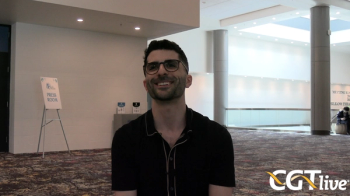
The senior principal scientist at Regeneron also discussed the problem of preexisting immunity caused by natural exposure to AAVs.
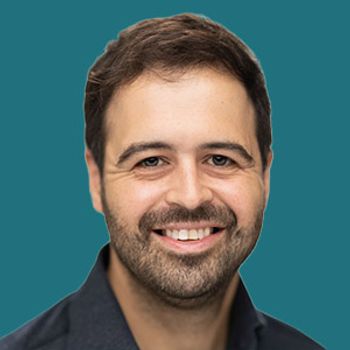
Nathan Yozwiak, PhD, the head of research at the Gene and Cell Therapy Institute at Mass General Brigham, discussed how innovative research can be held back by financial considerations.

The CEO of Mission Bio discussed the company’s single cell assay platform in the context of the broader developing field cell and gene therapy field.
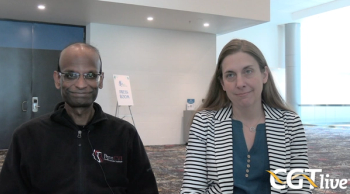
The physician-scientists at CHOP discussed long-term future expectations for personalized gene editing therapy.
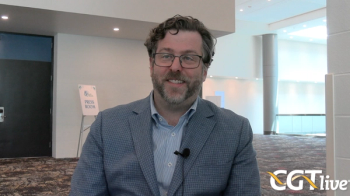
The associate director of clinical in vivo gene therapy at Children’s Hospital of Philadelphia discussed a case he presented at the American Society of Gene and Cell Therapy’s 2025 meeting.

The data presented came from 3 patients treated in the trial who had a follow-up time of up to 12 months.

The physician-scientists at CHOP discussed what lies on the horizon after KJ’s treatment with a CRISPR-based gene editing therapy for CPS1 deficiency.
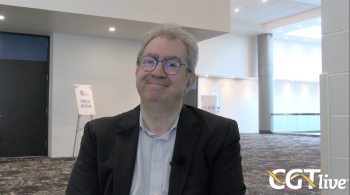
The director of the Mass General Brigham Gene and Cell Therapy Institute also discussed the Institute’s presentations at ASGCT’s 2025 conference.

The physician-scientists at CHOP discussed an n-of-1 clinical trial for a CRISPR gene-editing strategy.

The senior principal scientist at Regeneron discussed an advanced approach to enabling gene therapy redosing.
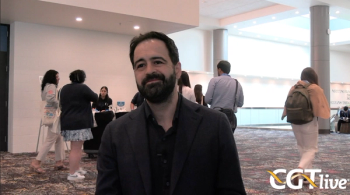
The head of research at Mass General Brigham’s Gene and Cell Therapy Institute discussed how innovative research can be held back by financial considerations.
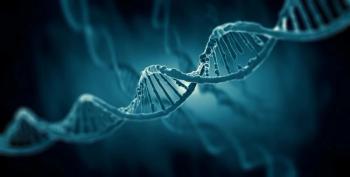
The new data were presented in a poster at the American Society of Gene and Cell Therapy’s 2025 meeting.
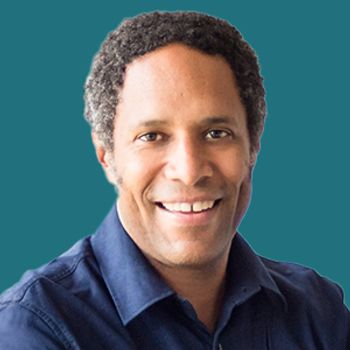
Chris Wright, MD, PhD, the chief medical officer and head of translational research at Ring Therapeutics, discussed research presented at ASGCT 2024.

John Finn, PhD, the chief scientific officer of Tome Biosciences, discussed the company’s pipeline for its new technology.

John Finn, PhD, the chief scientific officer of Tome Biosciences, discussed the company’s technologies in the context of integrative gene therapy and cell therapy.

Daniel Hart, PhD, the senior director and head of technology development at Epic Bio, discussed potential applications of the new technology.
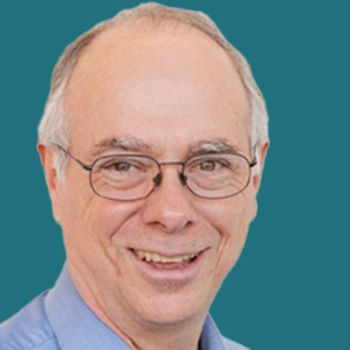
Kevin Campbell, PhD, a Howard Hughes Investigator at the University of Iowa, discussed his mouse model research into the pathophysiology of muscular dystrophy and how it relates to gene therapy approaches.

Xandra Breakefield, PhD, an investigator of neurology at Mass General Research Institute, discussed research from her grad student, Lisa Nieland, presented at the ASGCT 2024 meeting.
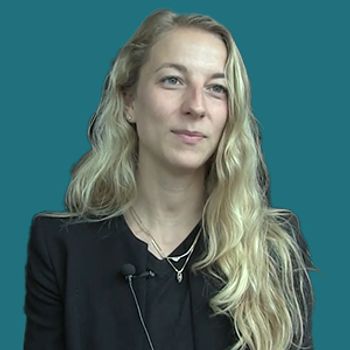
Lisa Nieland, a PhD candidate from Lieden University Medical Center and Breakefield Lab at Mass Gen, discussed her work presented at the ASGCT 2024 meeting.
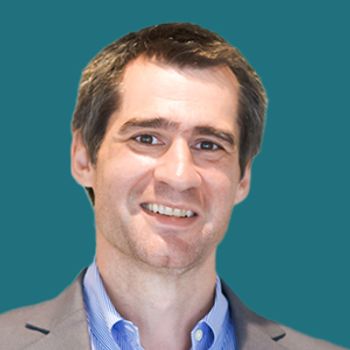
Miloš Miljković, MD, the chief medical officer of Cartesian Therapeutics, discussed data presented at ASGCT 2024 from a phase 2a study.
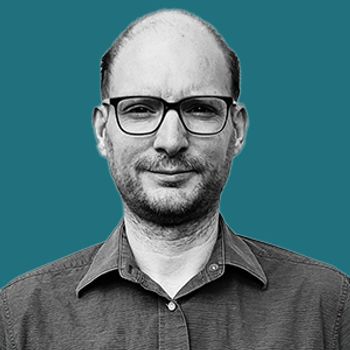
David Dimmock, MBBS, the chief medical officer at Creyon Bio, discussed future applications for the company’s AI-guided discovery platform.
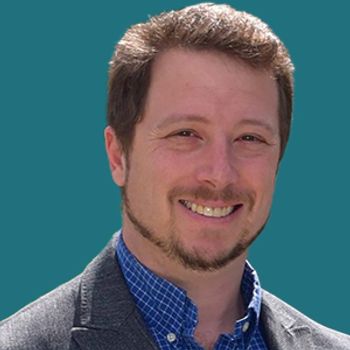
Scott Jeffers, PhD, the chief technology officer at GenSight Biologics, discussed using Verdot’s FlexiPro system to produce Lumevoq gene therapy.

David Dimmock, MBBS, the chief medical officer at Creyon Bio, discussed findings from a patient treated for a TNP02 missense mutation.

David Dimmock, MBBS, the chief medical officer at Creyon Bio, discussed the development of an allele-selective ASO for a single patient with a de novo pathology.